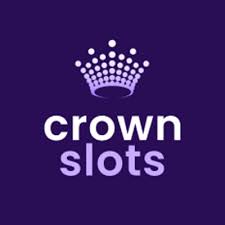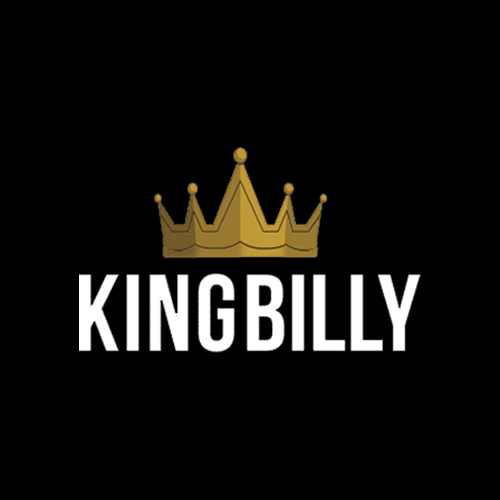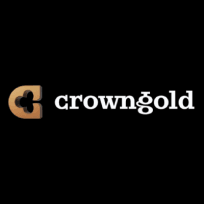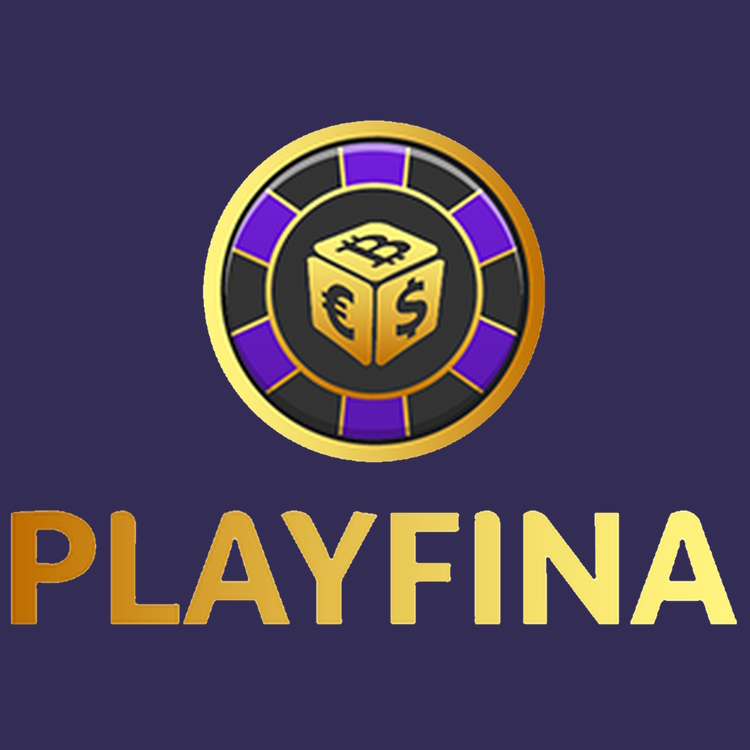Understanding Gambling Addiction in Australian Players


Gambling addiction, also known as compulsive gambling or gambling disorder, is an impulse-control disorder where individuals have a continuous urge to gamble despite harmful negative consequences or a desire to stop. This article provides a comprehensive overview of the causes, impacts, and treatment options for gambling addiction, with a focus on the Australian demographic.
What Causes Gambling Addiction?
Several factors contribute to the development of gambling addiction, including biological, psychological, and social elements.
Biological Factors
- Genetics: Some individuals have a hereditary predisposition to addictive behaviors.
- Brain Chemistry: Dysregulation in the brain's dopamine systems can enhance risk-taking behavior, leading to gambling addiction.
Psychological Factors
- Mental Health Disorders: Conditions such as depression, anxiety, and personality disorders are often linked with gambling addiction.
- Stress: High levels of stress can prompt individuals to engage in gambling as a temporary escape.
Social Factors
- Peer Influence: Social settings or peer groups that engage in gambling can influence an individual's behavior.
- Access to Gambling: Increased availability and accessibility of gambling opportunities can facilitate addiction.
Impact of Gambling Addiction
- Financial Problems: Severe debt, bankruptcy, and poverty can arise from compulsive gambling.
- Relationship Issues: Gambling addiction can result in strained or broken relationships with loved ones.
- Mental Health Decline: Chronic stress, anxiety, and depression are common among those struggling with gambling addiction.
- Professional Setbacks: Problems in the workplace, including reduced productivity or job loss, are consequences of gambling addiction.
Treatment and Support Options for Gambling Addiction
Treatment for gambling addiction involves a combination of therapeutic approaches, support systems, and sometimes medication.
Therapeutic Approaches
- Cognitive Behavioral Therapy (CBT)
- Psychodynamic Therapy
- Group Therapy
Support Systems
- Support groups like Gamblers Anonymous
- Family therapy
- Peer support groups
Medication
While there's no specific medication for treating gambling addiction, some drugs used for treating co-occurring disorders might help.
Frequently Asked Questions (FAQ)
What are the first signs of gambling addiction?
Some early signs include constantly thinking about gambling, increasing bet amounts to achieve desired excitement, and trying unsuccessfully to control, cut back, or stop gambling.
How does gambling addiction affect families?
Gambling addiction can lead to financial distress, trust issues, and emotional neglect, negatively affecting family dynamics and stability.
Is recovery from gambling addiction possible?
Yes, with the proper treatment and support, recovery from gambling addiction is possible, though it is a lifelong process of management and commitment.
Conclusion
Understanding and addressing gambling addiction is crucial, especially given the increasing accessibility of gambling platforms. Awareness, education, and appropriate treatment are key to helping afflicted individuals and their families recover and prevent future cases.
Call to Action
If you or someone you know is struggling with gambling addiction, we encourage seeking help from professionals and joining support groups to get the necessary assistance and guidance towards recover









